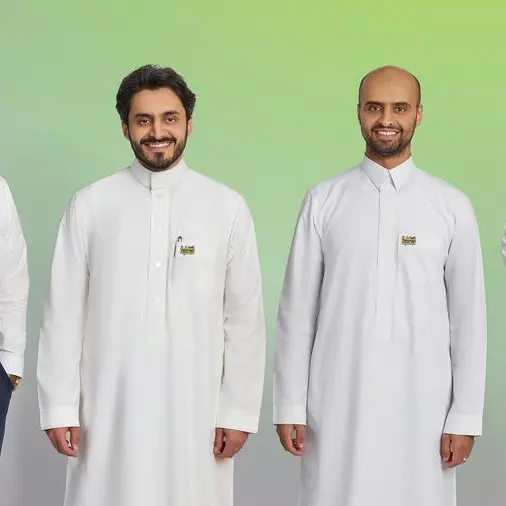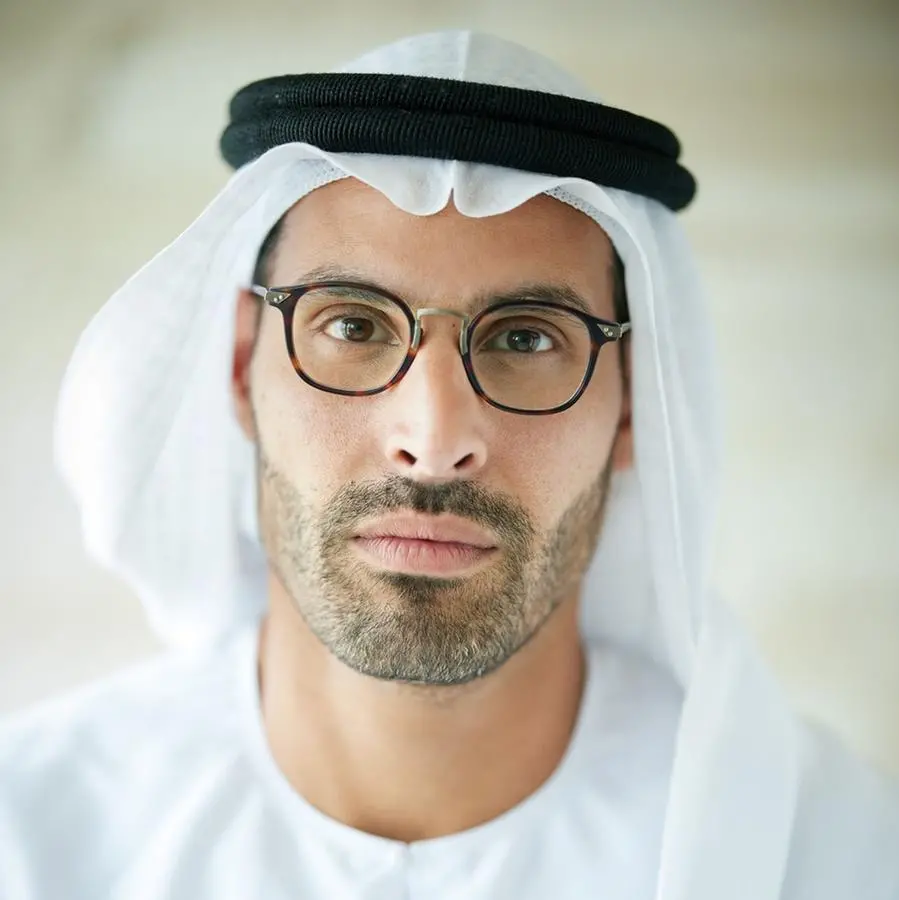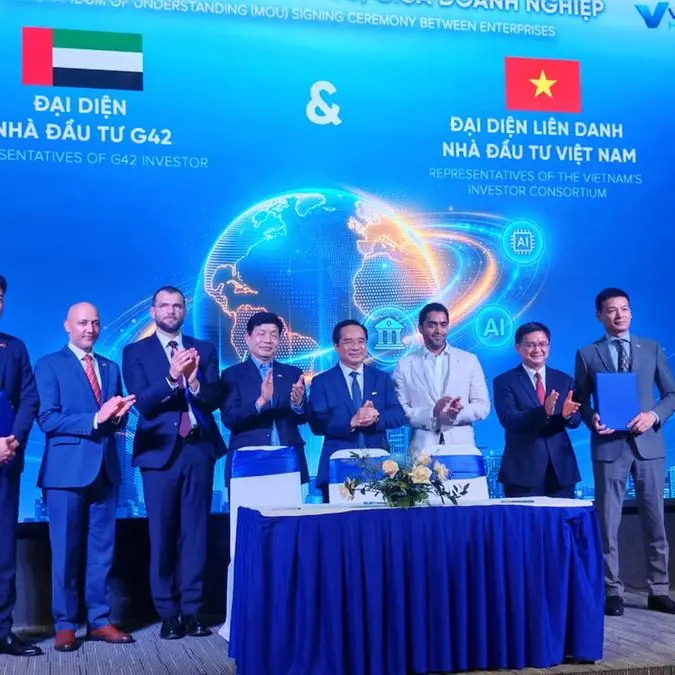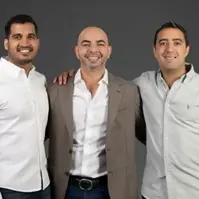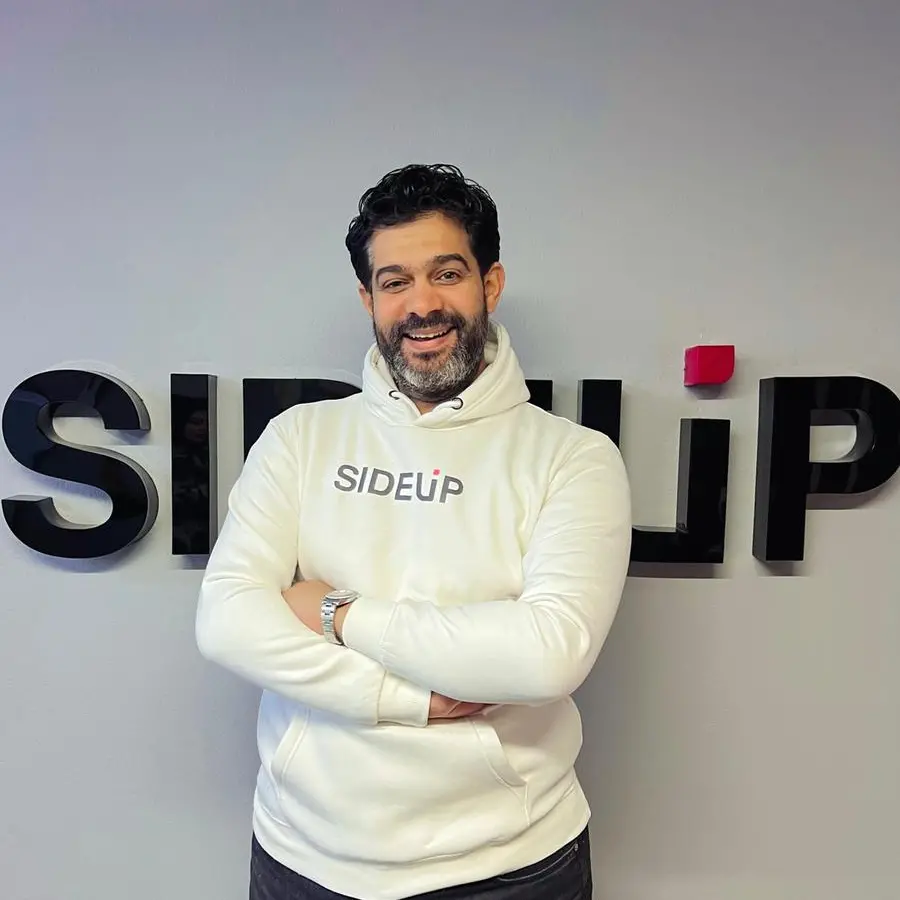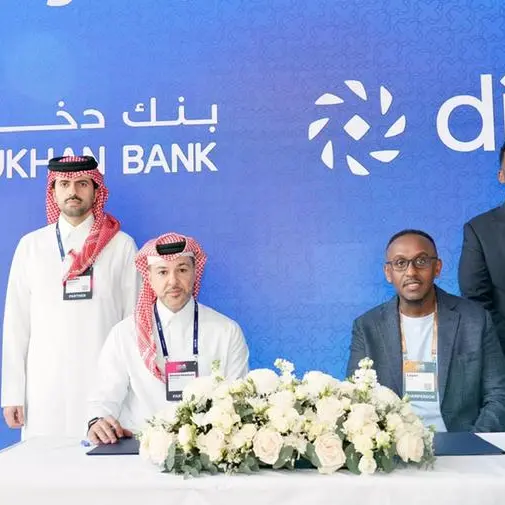Cairo: Danone Egypt announces its new score after achieving the B Corp Certification; a huge leap in score from 81.6 to 109.4, an impressive 34% increase. This goes to show Danone’s commitment to social
development given that it’s the first company to achieve the B Corp Certification in Egypt, making it the largest B Corp in Africa and the Middle East as a result of its dual commitment to business success and social progress. B Corp Certification is a marker that a business is meeting high standards of verified performance, accountability, and transparency on factors from employee benefits and charitable giving to supply chain practices and input materials. Unlike other certifications for businesses, B Lab is unique in its ability to measure a company’s entire social and environmental impact.
This certification reflects Danone’s vision, which goes beyond financial profits and focuses on meeting social and environmental standards and improving the quality of life in rural Egyptian communities with the support of Danone Egypt’s IBMs (Impact business models) and proof points. One of the successful Impact Business Models is The OMDA project, which launched in 2010 and was financed by Danone Egypt and the Danone Ecosystem Fund. The project aimed to improve the quality of life in Egyptian rural communities by providing access to a selection of healthy products, while creating jobs for micro-distributors and increasing the small retailers’ income.
In 2018, Danone Egypt and the National Bank of Egypt signed a Protocol of Cooperation to support small and medium enterprises. The Protocol helped finance the OMDA project, providing young entrepreneurs with financial support to purchase equipped trucks to distribute Danone products. There are currently 310 distributors enrolled in The OMDA project, distributing to around 21,000 retailers, serving more than 3 million consumers, and the numbers are constantly increasing.
Mr. Essam AlMaddah, HR Director and General Secretary, Egypt and North Africa at Danone said, “This is such a great milestone in our journey, and we can add it to the list of other accreditations we have acquired throughout the years since this is not the first time that Danone was accredited for its quality and standards. We achieved the ISO 22000, Food & Safety Management Systems Certification (FFSC) and Danone Egypt certification for our Obour plant. We value our customers’ well-being through the quality of the products and services we provide, and we also care about their feedback through our marketing and feedback channels.” AlMaddah added that Danone also cares about the health, safety, and wellness of its employees contributing to their financial security, career development, health & safety, and overall satisfaction in addition to their commitment to providing products that are intended to address health issues, serving underserved customers and providing services that improve the social impact of other businesses or organizations.
Another notable project that shows Danone’s social impact is the Alban Baladna project, launched in 2011 through the Danone Ecosystem Fund and in cooperation with Care International organization and established milk collection centers (MCCs), to empower small milk producers and farmers and provide high-quality milk free of any pollutants, antibiotics, and solid impurities. Danone established the first dairy collection center in Beni Suef in 2011, followed by the establishment of the Abshna center in December.
Danone succeeded in accessing the best quality milk while ensuring a healthy and sustainable ecosystem around the supply chain and was able to secure up to 18% of the company’s needs of raw fresh milk. Through this project, Danone was able to reduce the high unemployment rates in rural areas in Egypt as 119 jobs were created: enabling more than 8,500 thousand small farmers, with the participation of more than 7,000 women in collecting milk from 13 Danone centers in several governorates.
Danone has also worked on several impactful projects, launching the Zero Food Waste initiative: in partnership with the Egyptian Food Bank, to donate the daily surplus to 35,000 students, in an attempt to improve their lives. The Losses Optimization Project, a project that involves reducing the losses by almost €7000,000 euros through improved reduction by more than 50% in different categories, whether in milk or raw and packaging material and finished goods. Danone Egypt also commits to choosing recyclable materials according to its sustainability plan whereby above 50% of its products are recyclables and are required to have more than a single-use life cycle.
-Ends-
